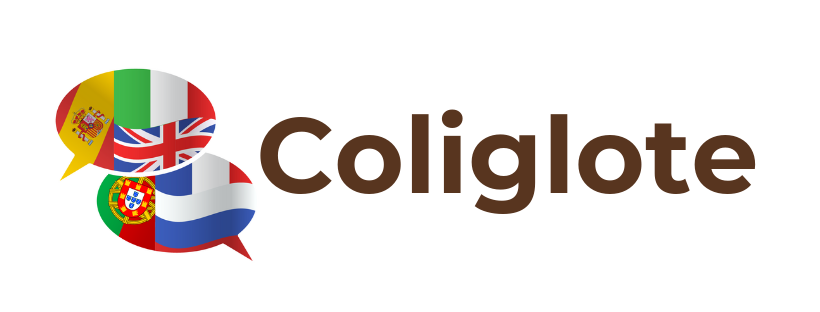Did you know that? At least one out of every three words in the English vocabulary comes from the French language. This is demonstrated by the fascinating history of these languages that are so close together…
In his book Story of the French language (Tallandier editions), Jean Pruvost, professor of lexicology, sheds light on what each language has brought to the other… the most generous not necessarily being the one you think.
Even though the French have long been worried about the invasion of their language by English words, the study reveals that it is above all the British who have integrated an incalculable number of French words: some specialists even go so far as to say two thirds of the English vocabulary!
How is this possible? A brief historical review ….
In 1066, the Norman Duke William the Conqueror crushed the Anglo-Saxon King Harold and crowned him at Westminster. He then imposed his ministers, court, codes and language on the whole kingdom. From that time on, to be a considered Englishman, you had to start by speaking French.
To be a considered Englishman, one had to start by expressing oneself in French, hence the frequent bilingualism of the wealthy classes of English origin, confirmed and reinforced by marriages uniting English families and Norman nobility,” recalls historian Jean Pruvost. A recent study shows that 45% of the population of central and south-east England have French ancestry in their DNA…”.
This political and cultural interbreeding has left many traces in the vocabulary, with some changes in pronunciation and some distortions.
Here are a few examples:
- Administrative vocabulary:
| 🇬🇧 | 🇫🇷 |
| Prince | Prince |
| Sir | Sire |
| Duke | Duc |
| Baron | Baron |
| Minister | Ministre |
| Master | Maître |
| Court | Cour |
| Justice | Justice |
| Prison | Prison |
| Procedure | Procédure |
- Food vocabulary:
| 🇬🇧 | 🇫🇷 |
| Beef | Boeuf |
| Pork | Porc |
| Mutton | Mouton |
- Various :
| 🇬🇧 | 🇫🇷 |
| To pay | Payer |
| Proud | Preux |
| The robber | Le voleur, which evokes the old French word “rober” which means to steal (still visible in “dérober”) |
| The crown | La couronne |
| The chair | La chaise |
| The flower | La fleur |
| The tower | La tour |
| The juggler | Le jongleur |
| Very | Veray : old French which meant “true” (vrai) and evolved towards “vraiment”. |
| The aunt | La tante |
| To catch | Cachier : ancient Norman word meaning “to capture” an animal. Still visible today in “chasser”. |
| The toast | This comes from “toster“, which meant to grill, roast, etc. |
In addition to this, there are many “false friends”, a nightmare for schoolchildren, the consequence of the evolution of the language over several centuries…
The author goes further by stating that English would thus be “the museum of old French” through words that sound very British, but which are the ancestors of an old French word.
Here are a few examples:
– the petticoat would only be a reminder of the “petite cotte” (little coat of mail), located under the knights’ chainmail, before becoming a feminine garment.
– blanket in English (blanket), echoes the old blanquette, a white quilt.
– to summon, “la semonce” reminds us of the warning when the prince summoned his vassals
– to bargain, comes from the former French bargaigner, who became a barguigner, to signify a hesitation during a haggling .
Let’s take the example of the word budget, which has been used everywhere,” explains Jean Pruvost. It started out as a Gallic word “bulga”, which has become “bougette“, a bag where you put your money in, among other things. In England, it took root under the term budget, so much so that in the 18th century, when the English Parliament voted on its finances, it used the expression “to open the budget”, it opened the said bag, a term that we in turn recovered in France at the same time… thinking that it came from English!
In the same way, some words and expressions have made several back and forth trips between the two languages. If I quote the French word “flirter“, everyone thinks today that it comes directly from the English word “to flirt“, and yet… it does come from French! Originally it was the French expression “conter fleurette“, which was borrowed by the English language and then changed to “to flirt”, then returned to the French language as “flirter”. Amusing, isn’t it?
After several centuries of exchange and mutual contributions, the two languages followed a different destiny: English has now definitively emancipated itself from French and returned to the Saxon language.
“Let’s imagine for a moment that England remained French-speaking and that the United States, installed in its wake, also had the French language, extrapolates historian Jean Pruvost. The linguistic landscape of the world would have been profoundly modified…”.
Who knows?
Sources

